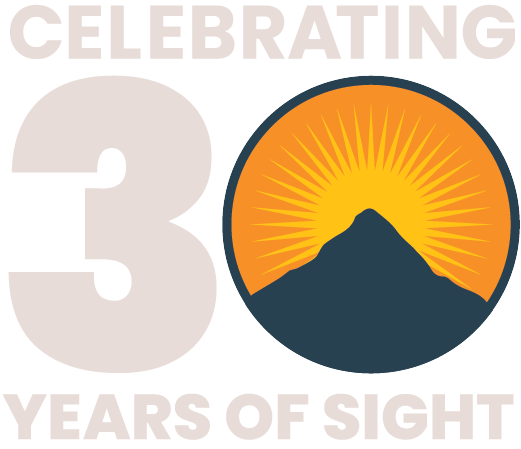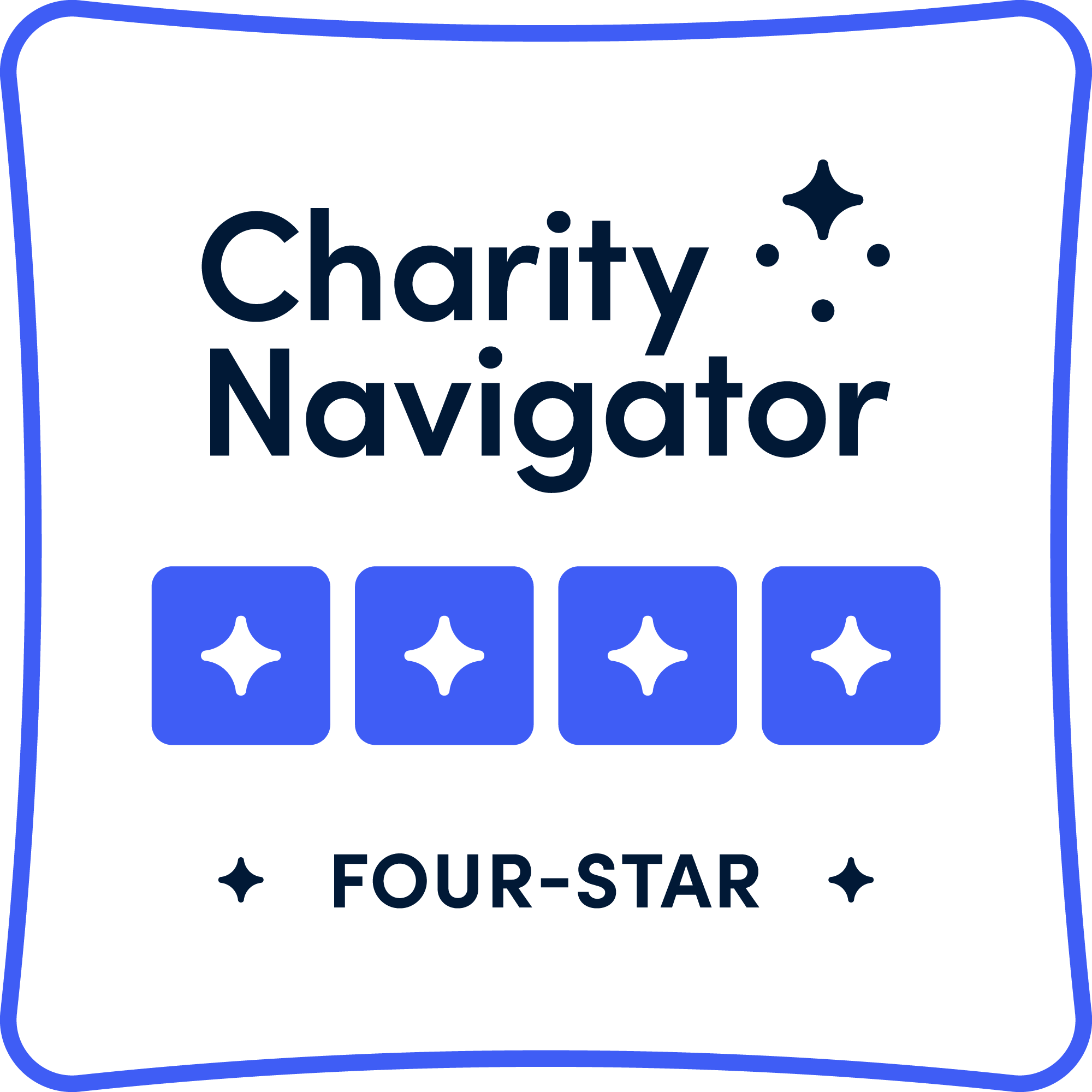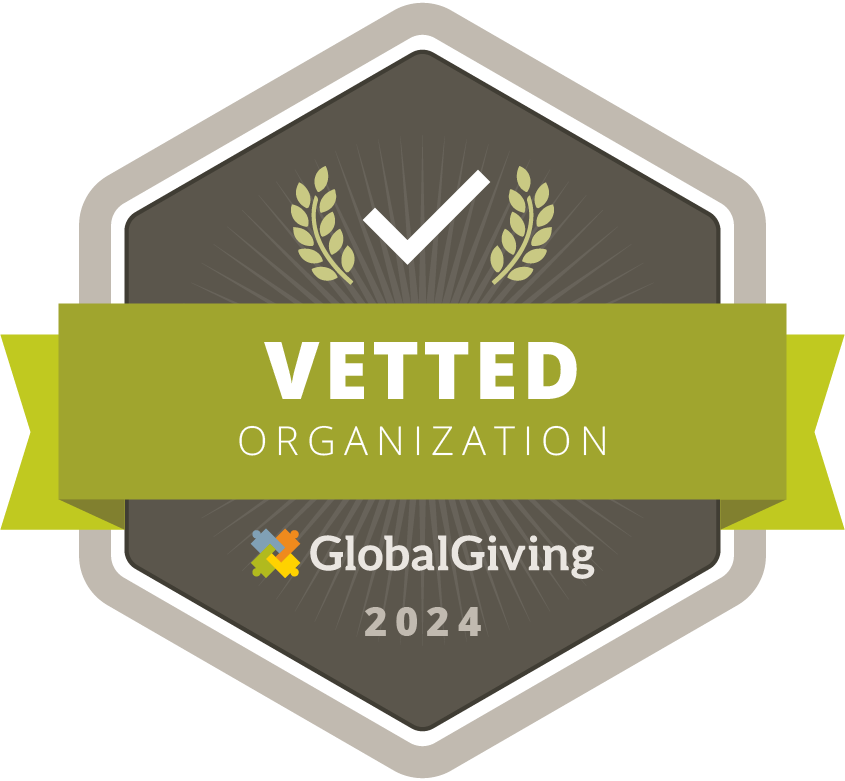Field Notes: Cure Blindness Project Fellow Sean Collon
As the Cure Blindness Project global fellow, Dr. Sean Collon spent the year working in sub-Saharan Africa under the mentorship of Dr. Geoff Tabin. The year-long fellowship in partnership with Stanford University selects top-in-class, early-career ophthalmologists to spend twelve months learning and teaching in the global eye health space. The experience is like none other. Dr. Collon shares his thoughts.
In his words:
“An interesting phenomenon occurs when you start a global ophthalmology fellowship. While the focus of the trainee in all other realms is primarily, almost solely, on the quality of their training, in global ophthalmology the focus shifts to what the trainee will do for others—global partners, residents abroad, and others. It is a valuable shift towards an ostensibly less self-centered orientation, but I have struggled with it.
“My ambitions to make what I consider to be meaningful contributions to my hosts have often been trampled by the realities of poverty, corruption, poor infrastructure, and weak healthcare systems. I have self-consciously felt that, despite this shift in mentality in my new role as a global fellow, I have ultimately taken more than I have given.
“A recent trip to Ghana gave me some much-needed clarity. I saw a patient in clinic with severely swollen optic nerves, no light perception in one eye and 6/12 vision in the other. She had had a CT to look for signs of elevated intracranial pressure, which was read as normal, and her swollen nerves were attributed to her hypertension, which was being managed. I looked at her scans myself and the signs of elevated intracranial pressure were perfectly clear—the read was wrong, and a repeat radiology consultation confirmed this. We began interventions to lower her intracranial pressure that day in clinic, and I could not help thinking that even if all my big projects and ideas for the year failed, if I prevented this woman from going blind, or worse, my time in Ghana would have been justified. Amidst numerous other frustrations, I found comfort in that.
Dr. Sean Collon, Cure Blindness Project Global Fellow, and Dr. Alec Bernard, Cure Blindness Project Research Fellow, give post-op care to patients after cataract surgery during the five-day Cure Blindness Project outreach event at the Tamale Teaching Hospital in Ghana.
“She died the day I got back to America. She was 41 years old with 5 children. Nobody will ever know why she died—she had been lost to follow-up and bounced between hospitals, and one day started having trouble breathing—but she almost certainly would have lived in America. The notion that I had saved a life was an illusion, and an arrogant one, the same as the notion that I had cured anyone of blindness in outreach settings, because in medicine today individuals do not do much of anything on their own.
“Health care systems, comprising innumerable relationships between doctors, nurses, medical staff, politicians, patients, their families, and so many others, save lives and cure or prevent blindness, or fail to. Paradoxically, the ambition to personally have some grand impact on another place or person turns out to be its own form of self-centeredness.
“I recalled another conversation with a friend and mentor in Ghana about ambition and making an impact. ‘You Americans…’ he began, observing that we often fail to see value unless we can measure it or publish it. I had brought a perspective that was new to many of the trainees at Komfo Anokye, I would take new perspectives home with me, and I had formed and strengthened meaningful relationships. To his thinking, that more than justified my visit.
“I saw that woman with the swollen optic nerves with a resident who had seen her before. I taught that resident about looking for an empty sella on CT, and the importance of always reviewing scans yourself. She taught me about the realities of being a patient or provider in Ghana. And together, we spent a long time talking about blindness, inequality, and why we do what we do. I believe that relationships like this are the driving force behind the gradual progress towards a world where patients like ours ultimately survive. I cannot prove this, and I cannot quantify it, but more than anything else, this is what I will take away from my year as a global ophthalmology fellow.”






